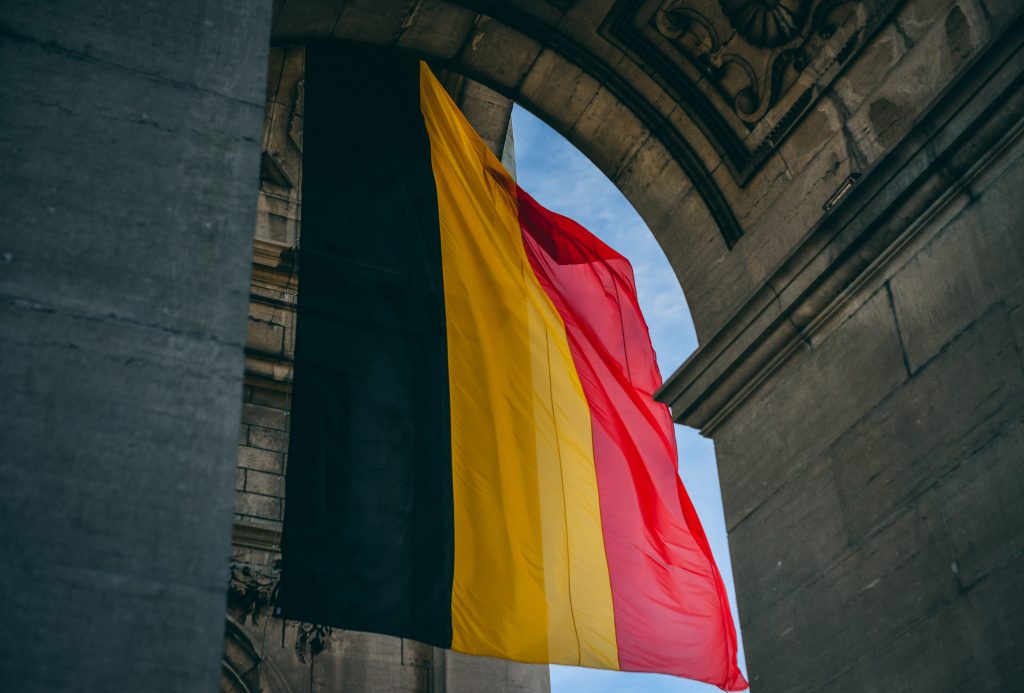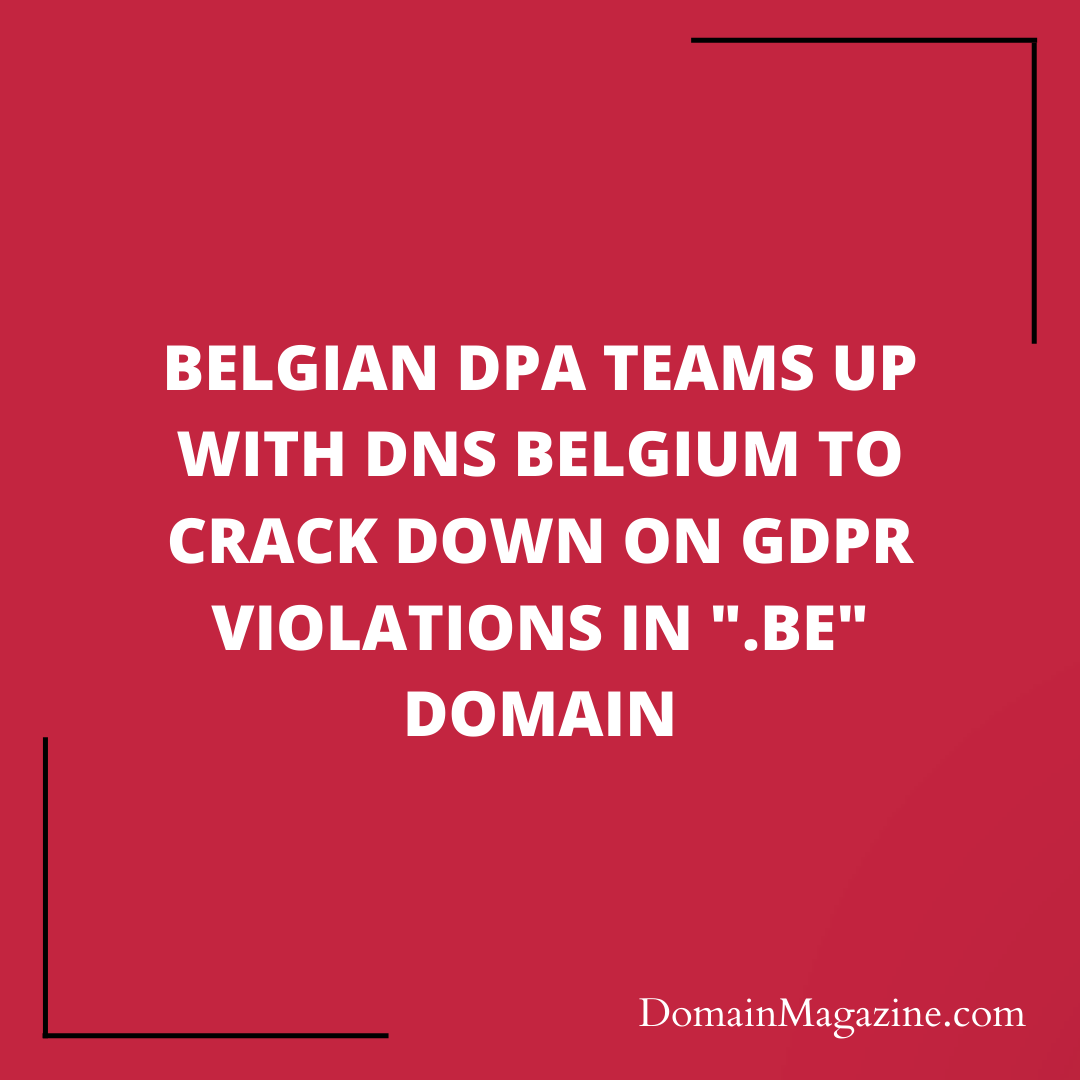In the ever-evolving landscape of the internet, domain names play a pivotal role. They are the digital addresses of websites, the keys to unlocking the vast online realm. However, with great power comes great responsibility, especially concerning data protection and privacy. In this article, we explore a recent development in Belgium where domain names are at the heart of a groundbreaking initiative to safeguard personal data and uphold the European Union’s General Data Protection Regulation (GDPR).

The Players: Belgian DPA and DNS Belgium
Let’s start by introducing the key players in this domain-centric endeavor:
- Belgian Data Protection Authority (Belgian DPA): This is Belgium’s regulatory body responsible for ensuring that organizations and individuals comply with data protection laws, including the GDPR.
- DNS Belgium: They are the organization entrusted with managing the “.be” country code top-level domain (TLD), which includes all websites with a “.be” in their web address.
A Cooperative Agreement with Purpose
The Belgian DPA and DNS Belgium have joined forces in a significant way. They’ve signed a cooperation agreement that aims to tackle GDPR infringements head-on, specifically within the “.be” domain space.
Two-Tier Cooperation System
Under this agreement, a two-tier cooperation system has been established:
1. Cooperation with Investigations
DNS Belgium has pledged to assist the Belgian DPA’s Investigation Service by providing the necessary information for their investigations. This ensures that the regulatory authority can swiftly and effectively examine potential GDPR violations within the domain.
2. “Notice and Action” Procedure
The most intriguing aspect of this cooperation agreement is the “Notice and Action” procedure. This process comes into play when the Belgian DPA’s Investigation Service or Litigation Chamber suspects that a data processing activity on a “.be” website is infringing GDPR principles.
Here’s how it unfolds:
If a GDPR violation is confirmed and the responsible party doesn’t comply with the Belgian DPA’s orders to rectify the situation, the Investigation Service or Litigation Chamber can initiate the “Notice and Action” procedure.
DNS Belgium then steps in, informing the website owner about the GDPR infringement and redirecting the domain to a warning page hosted by the Belgian DPA.
The website owner has 14 days to take corrective actions and demonstrate compliance with data protection requirements. If they succeed and the Belgian DPA approves, the domain is restored.
In cases where the infringement persists beyond 14 days, the website continues to display the Belgian DPA’s warning page for six months.
After six months, if the issue remains unresolved, the website is canceled and placed in quarantine for 40 days before becoming available for registration again.
Focused on Serious Offenses
The “Notice and Action” procedure is not triggered for minor infractions. It’s reserved for cases that cause substantial harm and involve individuals or entities who knowingly violate GDPR regulations or persist in data processing activities despite prior warnings from the Belgian DPA.
In essence, this initiative emphasizes the critical role that domain names play in ensuring online compliance with data protection laws. It serves as a reminder that domain ownership comes with responsibilities, and non-compliance can lead to serious consequences.
Wrapping Up
In the world of domain names, the “.be” domain is now at the forefront of GDPR enforcement in Belgium. The partnership between the Belgian DPA and DNS Belgium illustrates the determination to protect personal data online and maintain the integrity of the digital domain.
This cooperative agreement serves as a model for how domain management and data protection can go hand-in-hand, offering a clear pathway for addressing serious GDPR violations within the “.be” domain space. As the online landscape continues to evolve, initiatives like these are crucial in preserving the trust and privacy of internet users.
Source: https://www.natlawreview.com/node/141896/printable/print


Join the Discussion